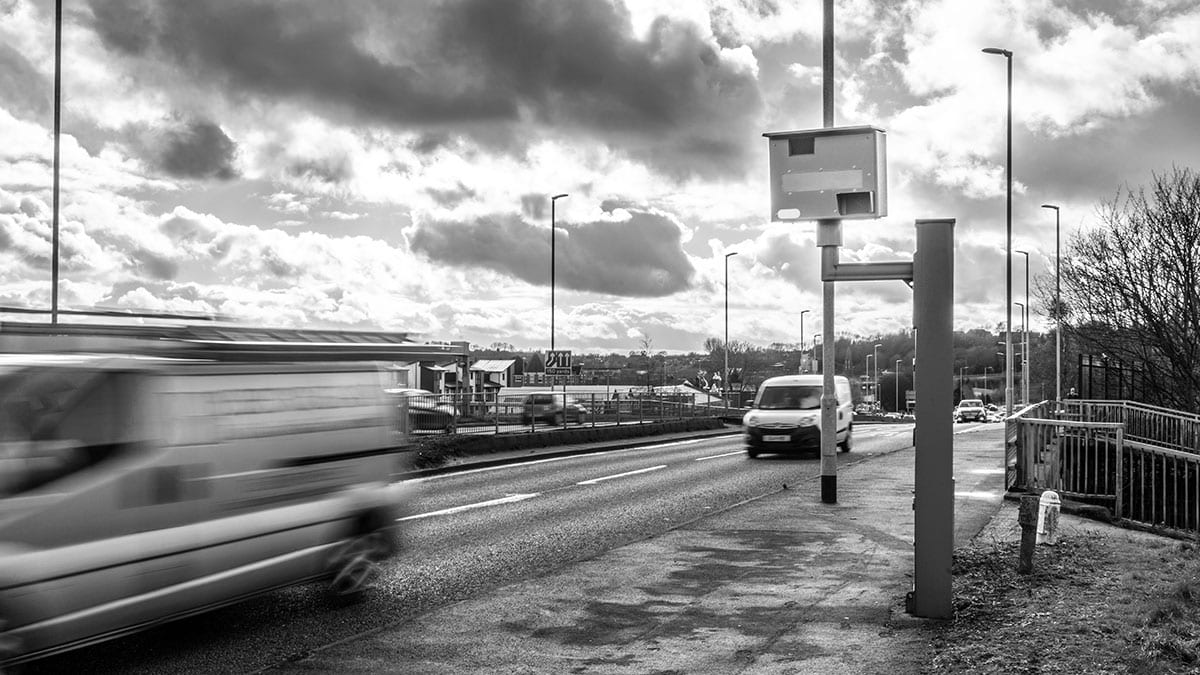What is the difference between Crown and Magistrates Court? What does a barrister do? When will I have to go to court? If you are accused of a driving offence and are concerned you may need to go to court, this guide provides everything you need to know about how the court system in the UK works.
To start with let’s look at the two types of court we have in the UK.
Magistrates Courts
If a prosecution is brought against you, it will begin in the magistrates court. All criminal cases in the UK start in Magistrates Court.
Your case will either be heard by a panel of 2-3 Magistrates or a district judge. There are no juries in a Magistrates Court.
Cases tried in magistrates court are known as being tried ‘Summarily’.
Most motoring offences will be dealt with summarily.
Magistrates Courts only have certain sentencing powers. Generally they can sentence offenders to up to 6 months in prison. They can also hand out fines, community orders and driving bans.
Crown Court
The Crown Courts deal with the most serious crimes. Most motoring offences therefore never go to Crown Court. Times when a motoring offence might be heard by Crown Courts include where the offence has resulted in death or serious injury, for example cases of causing death by dangerous driving.
The Crown Court can impose the maximum sentences possible in UK law.
Cases in Crown Court are known as being tried ‘on indictment’. Some offences in the mid-range of seriousness are neither indictable, nor tried summarily. These offences are known as ‘either way’ offences.
In these cases, a magistrate will hear the case first. If a defendant pleads guilty, but the magistrate feels its sentencing limit of 12 months imprisonment is too lenient, it may pass the case to Crown Court for sentencing. If a defendant pleads innocent, the magistrate will either try the case, or, if the magistrate determines the case is of a certain level of seriousness, it will be passed to the Crown Court for trial.
The High Court, Appeals Court and the UK Supreme Court
These courts sit above the Magistrates Court and exist to hear appeals from lower courts. The highest court in England is the UK Supreme Court.
The Courts – who’s who?
Judge or magistrate – Magistrates preside over magistrates courts. Judges preside over cases in Crown Court. Crown Court judges have far more extensive sentencing powers than Magistrates. Another important difference is that magistrates are ‘lay’ people. This means they do not have legal qualifications, unlike judges who will have extensive legal training and worked as lawyers in the Crown Courts for many years before becoming judges.
Solicitor – A solicitor is a lawyer who will typically act as the primary advocate for a client. The solicitor will manage the case, preparing all paperwork and court papers, setting defence strategy and doing all necessary negotiation on the clients behalf.
Barrister – Barristers are specialists in arguing cases in court. Barristers will be appointed by a client’s solicitor to effectively present the client’s version of events in court to a jury. Barristers are often appointed to argue in court in complex, serious cases.
Defendant – The defendant is the person accused of wrongdoing.
The prosecutor – This is the person who presents evidence of the defendant’s guilt. The prosecutor will work for the Crown Prosecution Service which prosecutes cases on behalf of the state.
Witnesses – A major part of a trial will involve witnesses presenting information and answering questions.
Other people who may be present – Courts are often open to the public, which means there may be ordinary people present watching proceedings, along with members of the press.
Jury – In Crown Court, the Jury will be made up of 12 members of the public. The Jury’s role is to decide on the defendant’s guilt. The Jury will nominate one of the 12 members to act as the Foreman. The Foreman will communicate with the court on behalf of the jury.
Essential information if you are attending court
If you have been told you must go to court, make sure you attend on the scheduled date at the correct time. If you miss a court appointment you can be arrested. It is important that you take your trial seriously. This means you should dress as smartly as you can for court.
Be aware that, when you get to court, you may have to wait for proceedings to start and these periods of waiting can last for a long time. You may wish to bring something to occupy yourself during this time.
You may also be at court for the entire day so you will need to arrange childcare if you have children. You can bring children to court with you, but they cannot enter the courtroom, so you will need a family member or friend to take care of them whilst you are in the courtroom. Court can also be stressful, so it can be helpful to have a member of your family or a friend with you to support you if this is possible.
When you enter the courtroom, you will sit in the dock. This is a separate section of the courtroom for defendants, often with high walls surrounded by glass. Whilst in court, you should speak respectfully to everyone you encounter and you should raise your hand if you want to speak or ask a question. It is a good idea to find out the correct titles for key people in the courtroom and use them to show respect to these people. Your lawyer will advise you on how you should address the judge, for example. Sometimes this is ‘your honour’ or ‘my lord’ or ‘my lady’.
If you are attending court for a sentencing hearing, you should bring a bag of essential items such as phone numbers of family and friends, cash, medication, paper and stamped envelopes.
Ashman’s Motoring Lawyers
We are here to help clients successfully navigate the court system in the UK. We will be by your side every step of the way, ensuring you understand the process and what to expect at each stage of your trial.
Call us today for a free initial consultation on 03330 096 275.



